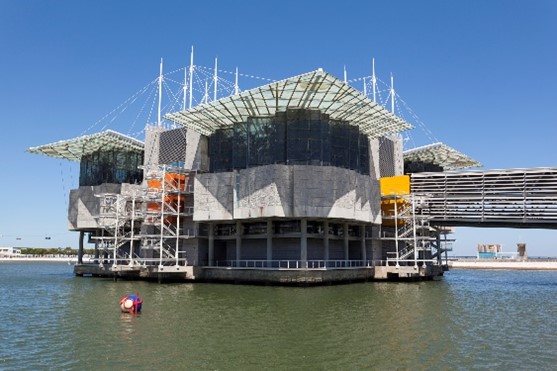6 Must-do Activities in Lisbon
When visiting a city, there are always experiences not to be missed that define and are part of a destination's culture – whether it's getting to know the main attractions, accomplishing daily rituals or tasting the specialties of its typical cuisine.
Here are the experiences you can't miss if you want to visit - and experience - Lisbon to the full:
Getting to know Alfama
The first settlement began in this place, where there were water resources (yes, because the Tagus is already salty in Lisbon, due to its proximity to the Atlantic).
The traces of the people who preceded them are visible here and can be visited! But the most noticeable influence in Alfama is the Muslim layout of narrow, winding alleys, joined by courtyards and staircases with viewpoints overlooking the Tagus.
Here you'll find the genuine Lisbon of the little houses with small windows, flowers and the washing hanging out in the sun, the scent of sweet smelling basils, the sound from Fado houses and typical food taverns with the grill at the door, roasting sardines.
This is the city's most festive quarter, where Saint Anthony of Lisbon (better known as Saint Anthony of Padua) is celebrated and thousands of people flock to Alfama on what is the city's longest night, the eve of June 13th.
The picturesque and the uniqueness come together in this place full of history, charming corners and unique landscapes.
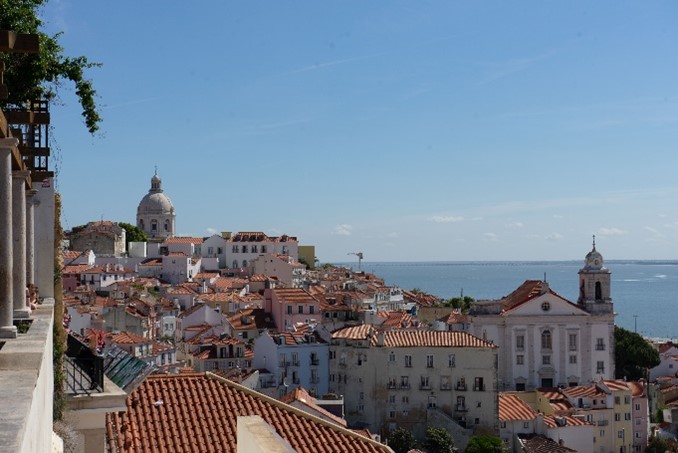
Up and down Lisbon’s hills by tramcar
The hills are a real challenge and even more so when in the old days people used to struggle up them with pots of water, baskets of food or children in arms.
The tramcar revolutionized transport in the city when it arrived, and it's still one of Lisbon’s celebrities today: everyone wants to live this experience of traveling in this vintage transport, and in it discover the contrasts of old Lisbon, the artistic centers, the palaces in Chiado to the alleys of Alfama – you can do it on board the Hills Tramcar Tour.
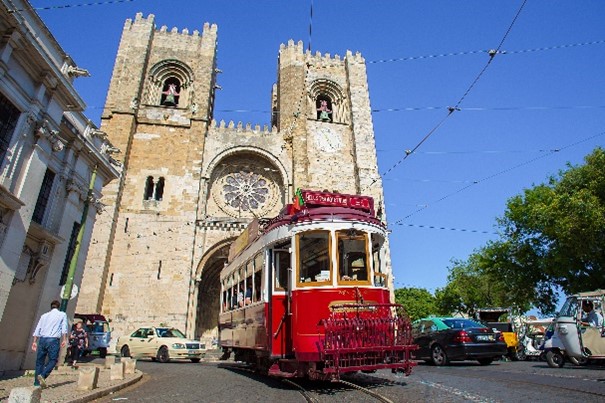
Discovering the Belém quarter
If the history of Lisbon is told in Alfama, the history of Portuguese maritime expansion is told in Belém.
From here the Portuguese caravels set off on the adventure of the Discoveries, here an epic voyage began for those who left, and in the imagination of those who stayed, awaiting novelties with the scent of spices, things never seen before and the monuments erected there bear witness to this: during the reign of King Manuel I (16th century), the Jerónimos Monastery and the Belém Tower were built, their decorations evoking these cultures and the fascination with the new places discovered, in the so-called Manueline style, which not only embellishes but also captures the attention of those who like a good puzzle, with all the symbolism revealed in these monuments.
Here you'll also find the Navy Museum, with models of various ships, and the Coach Museum, one of the most original museums in Lisbon. Hop on the Belém Lisbon Bus Tour to visit this historic quarter of Lisbon.
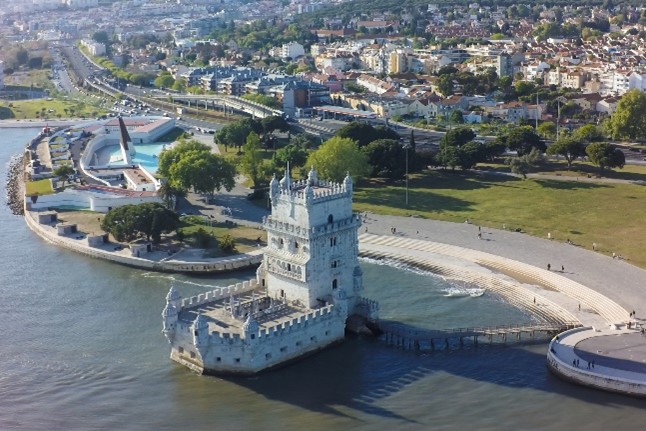
Taste the Pastel de Belém (and all the local gastronomy)
They're already world famous, and in some countries they're known as the “Portuguese cakes”: crispy puff pastry, and a golden cream filling that goes perfectly with cinnamon sprinkles, or weren't the spices an inspiration around Belém?
But to taste Lisbon is also to try the bifanas (fried pork steaks sandwich with mustard seasoning) accompanied by a cold beer; or a bacalhau à Brás (codfish Brás style), shredded with thinly fried potatoes wrapped in beaten eggs and parsley, to try a pastel de bacalhau (codfish cakes) or some clams Bulhão Pato style, fried in olive oil with lots of coriander and lemon juice.
Finishing off with a ginjinha, it's the perfect way to end a tour of the city.
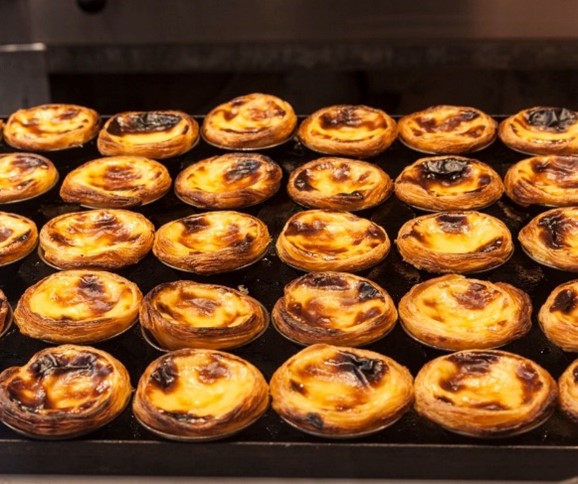
Listening to Fado
Fado nights are unforgettable memories for anyone visiting Lisbon.
Because Fado is a song with soul: it expresses the noblest feelings such as Love and Saudade (the feeling of longing for the good old days, longing for something or someone), and Lisbon is the setting for all the emotions sung.
The unique sound of the Portuguese guitar and the powerful voice with its melancholic tones touch the heart of everyone who hears Fado, and you don't even need to understand Portuguese to get immersed and feel the songs.
There are reports of the first songs appearing at the time of the Discoveries, but it was in the 19th century that Fado was made famous by the lisboner Maria Severa, who was later followed by names such as Amália, Camané, Carlos do Carmo, and more recently Mariza, Ana Moura and many others - it's worth discovering the artists who made this song Intangible Heritage of Humanity.
Suggestions: Clube de Fado, Adega Machado, Fado in Chiado, Lisboa Antiga
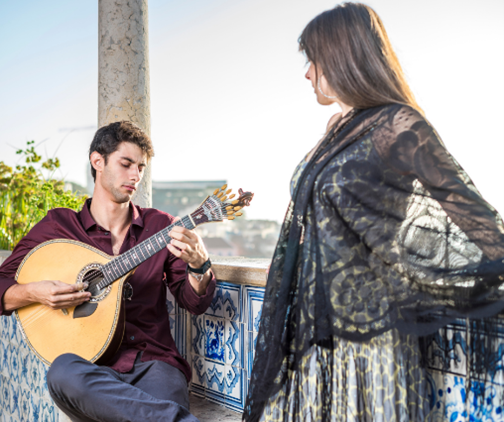
Visit the Oceanarium
A city with such a close connection to the sea has one of the largest aquariums in the world - the Lisbon Oceanário.
Built for the Expo98 World Exhibition with the theme of The Oceans, this 20,000m² aquarium stretches across different seas and their respective habitats, where you can “travel the globe” visiting all the specimens and their marine vegetation, in an immersive journey where there is always a new fascinating specimen to discover.
The Modern Lisbon Bus Tour takes you to Parque das Nações, where you can visit the Oceanarium and other attractions on the banks of the Tagus.
You can also purchase our combo Bus + Oceanarium.
